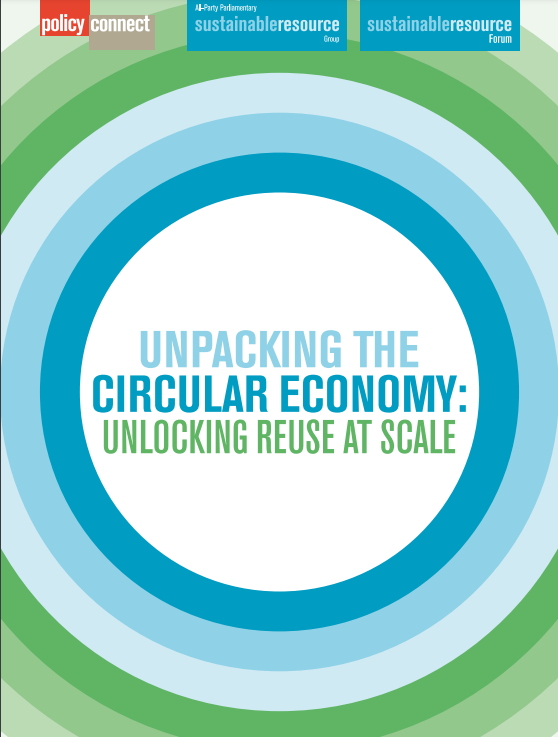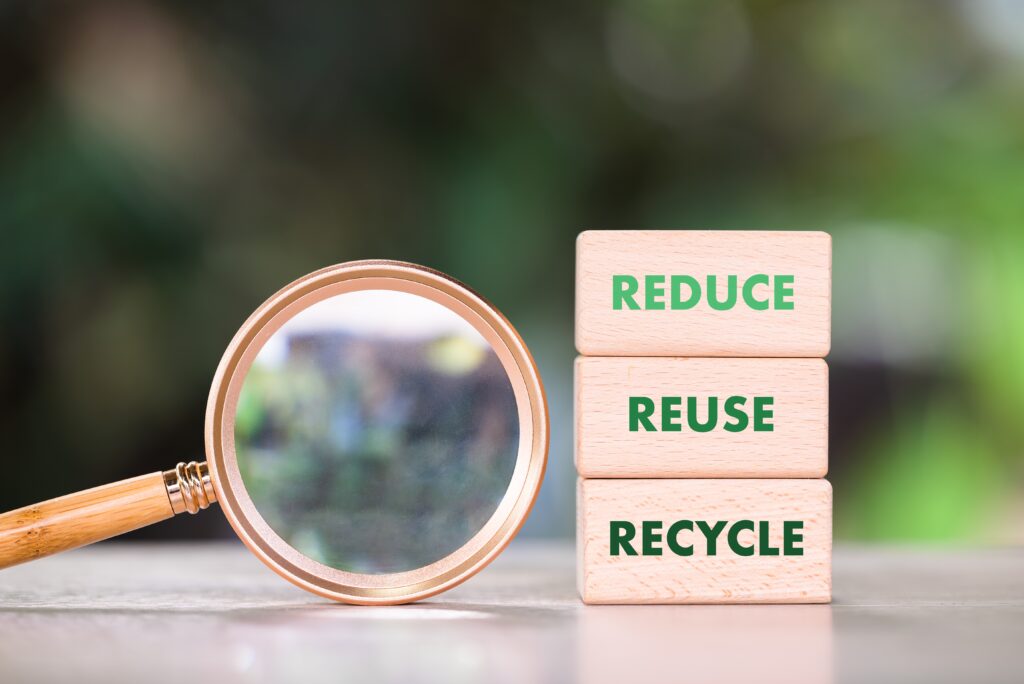
The report, called Unpacking the Circular Economy – Unlocking Reuse at Scale’, was published yesterday (27 November) and chaired by Lord Teverson. It sets out how transitioning to reusable packaging systems can “minimise waste and maximise resources towards a circular economy”.
The report sets out “practical measures” to incentivise the use of reusable packaging in the UK, recommending that:
- The Government provide an effective long-term delivery plan for collection and packaging reforms that accounts for the role of reusable packaging in reducing waste
- The Extended Producer Responsibility (EPR) framework and Deposit Return Schemes (DRS) be adapted to incentivise reuse
- Reuse standards, targets, and policy in the UK should align with those established in Europe
- Long-term, pro-reuse public communications facilitate and support the transition to reusable packaging systems
‘Cornerstone’
Lord Teverson said: “As the chair of the research inquiry informing this new report from Policy Connect, it is my hope that our recommendations support reusable packaging to become a cornerstone of our commitment to a greener, more resilient future, for generations to come.
“I believe that embracing reusable packaging is not just an environmental imperative but an economic opportunity for the UK. The recommendations in this report, advocating for advancements in the Extended Producer Responsibility framework, Deposit Return Schemes, and ambitious reuse targets, provide a pathway for a circular economy that fosters innovation, reduces waste, and ensures long-term prosperity. Regardless of our party affiliations, it is time to unite in decisive action for the well-being of our planet and future generations.”
EPR
Policy Connect outlined that the EPR scheme should be used to incentivise reuse “to at least the equivalent level of recycling”.
It said that in order to do this, the government should consider including an appropriate modulated fee structure to rapidly close the cost gap between reusable and single-use packaging and Allocate an appropriate percentage of funds from the EPR scheme for financing reuse.

The UK can also “not rely solely on recycling” as a solution, the report added, but delivering on activities which relate to the rest of the waste hierarchy, i.e. reduction and reuse, will be key if the UK is to effectively address its waste problem and develop a “truly circular economy”.
The government was also urged to set binding reuse targets: Embedding binding quantitative and time-bound reuse targets into EPR regulations, and imposing penalties for non-compliance, would support the creation of a “robust mechanism that compels producers to prioritise and invest in reusable packaging alternatives”.
There should also be financial incentives for reuse infrastructure, by extending financial incentives to support the creation of infrastructure necessary for reuse systems. Offering funding for infrastructure development and maintenance would help to reduce barriers to entry for businesses aiming to embrace reusable packaging models.
Costs
The think-tank added that reusable packaging systems can “significantly reduce plastic pollution and greenhouse gas emissions, with potential economic benefits estimated at $10 billion [£8.31 billion equivalent] by replacing single-use plastic packaging with reusable alternatives”.
To achieve a transition to a circular economy and promote greater resource efficiency, it is “crucial to prioritise reuse in the waste hierarchy”. Policy Connect said that whilst recycling is important, reuse can often have a “more positive impact on the environment, depending on various factors”.












Subscribe for free